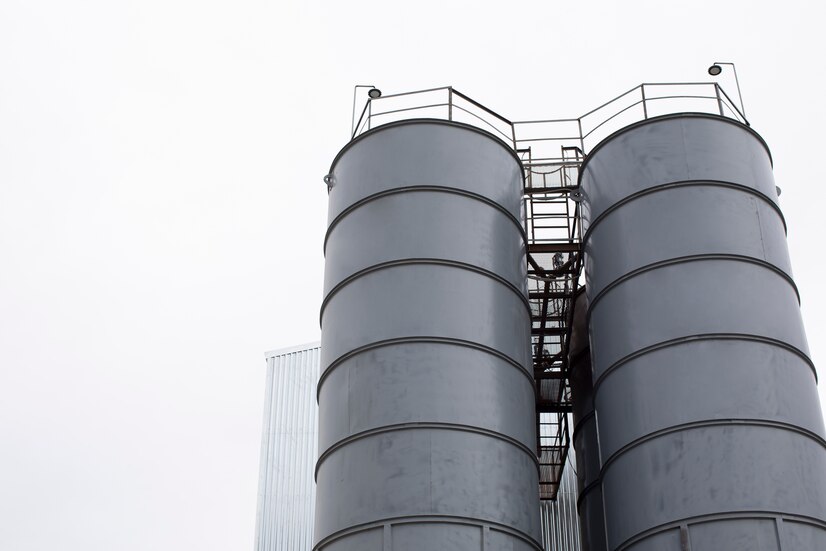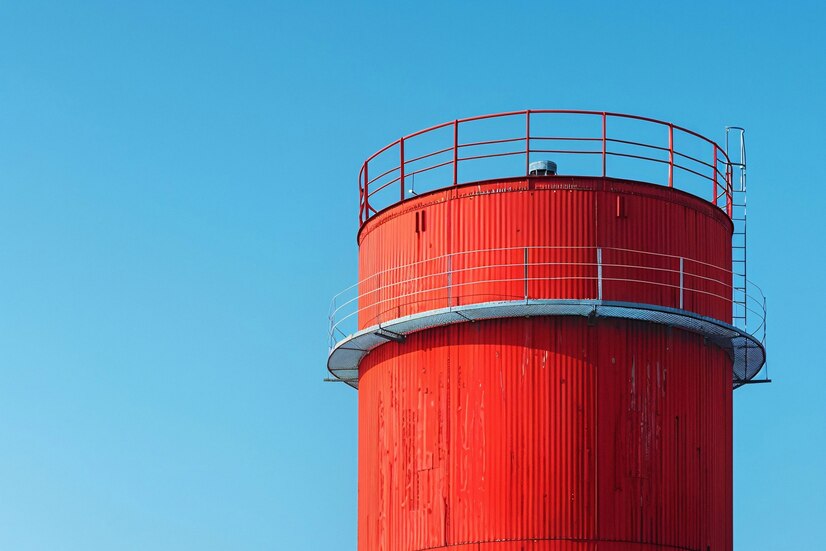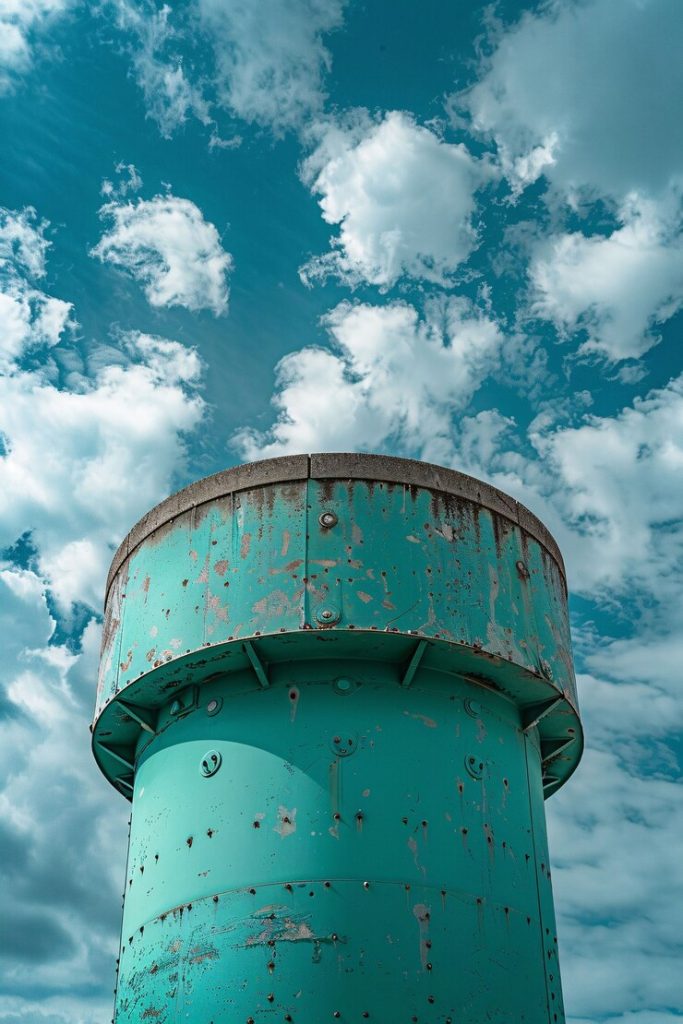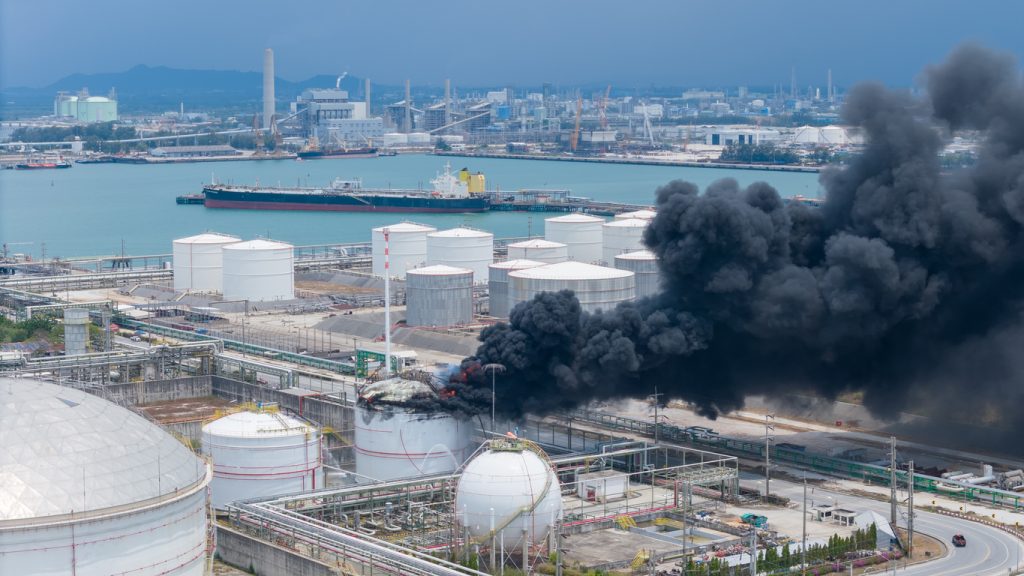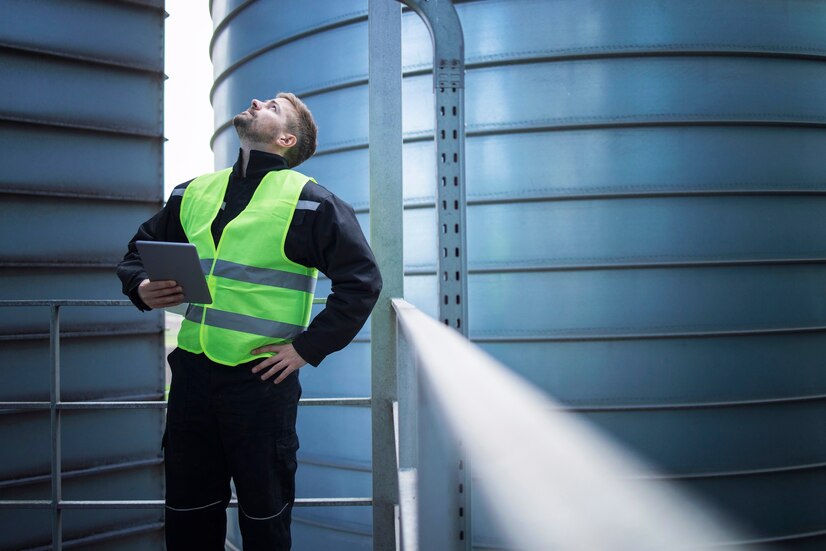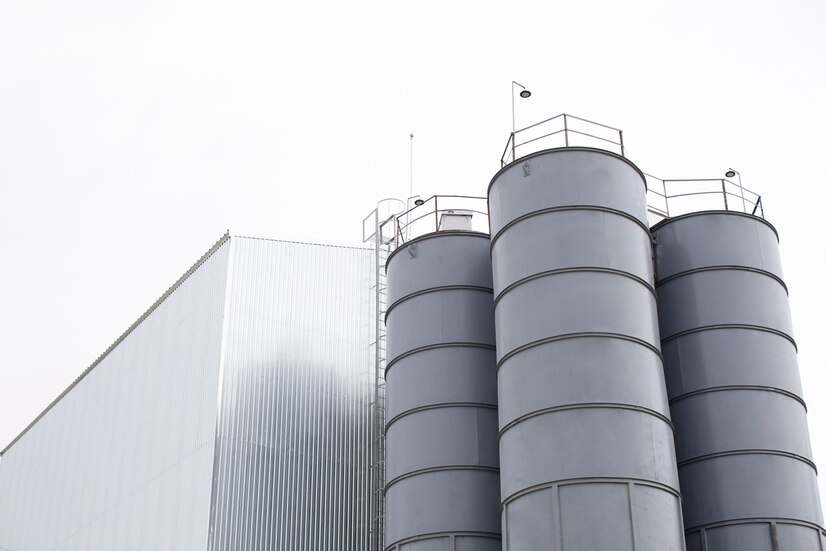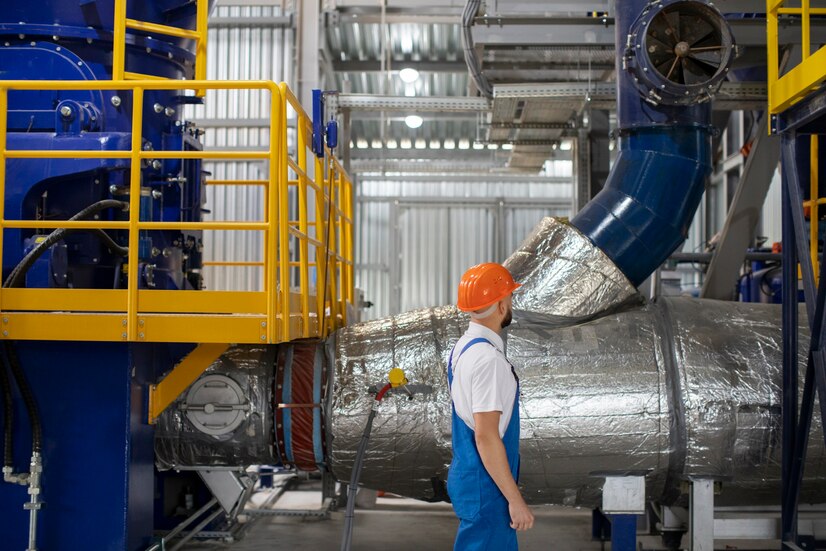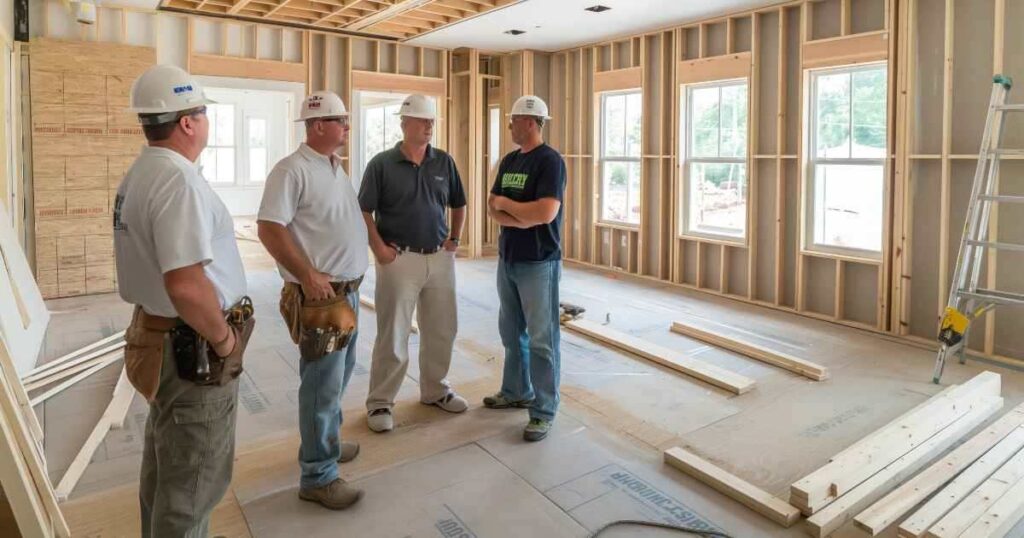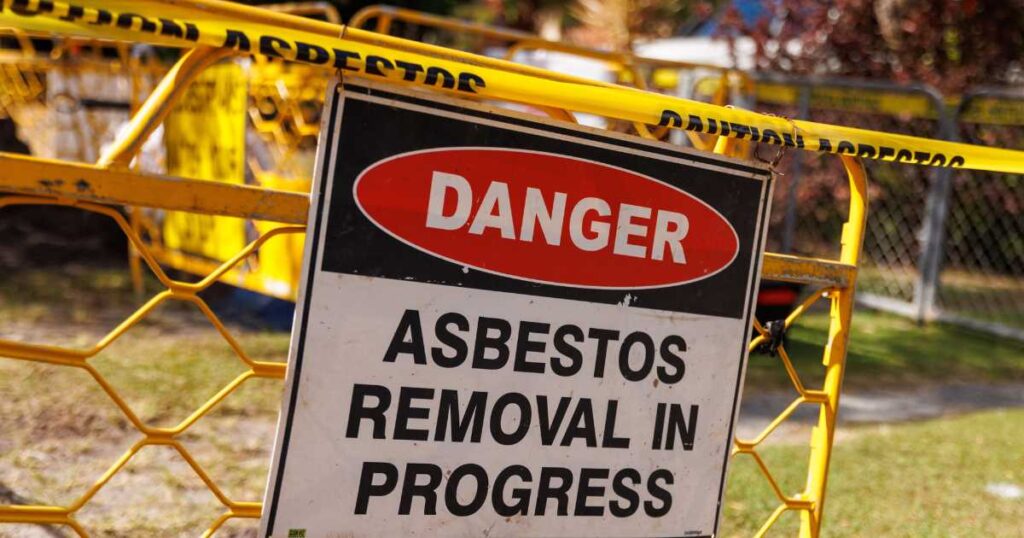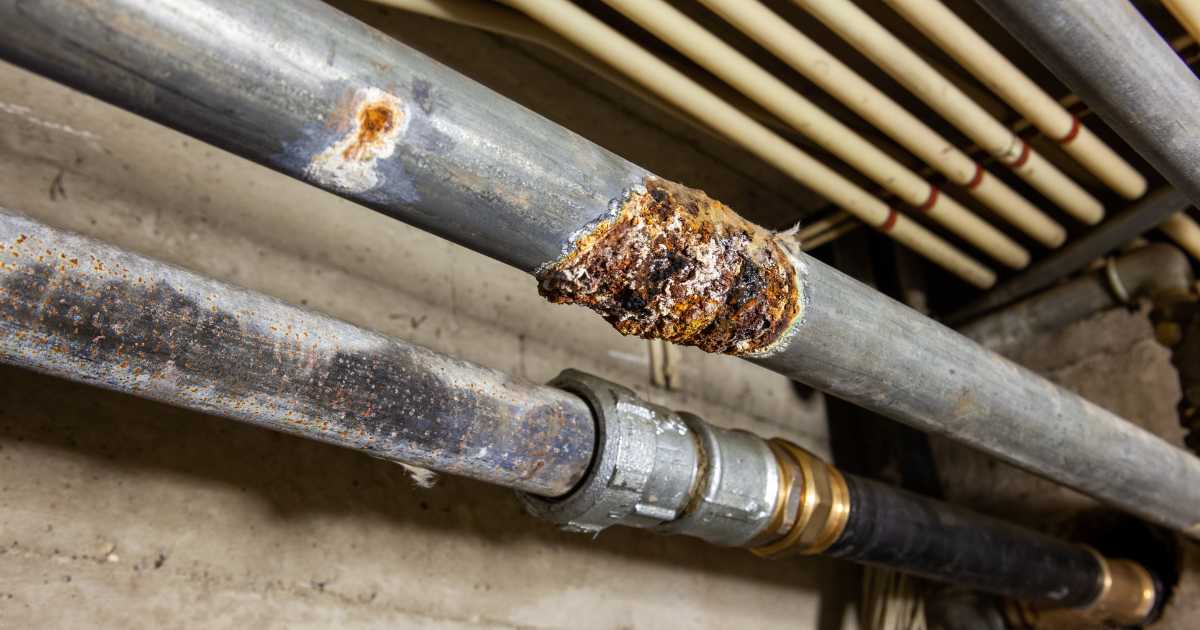Tooher-Ferraris Insurance Group Offers Contractors a Seamless Experience by Streamlining the Surety Bond Process
[8/28/24]: Tooher-Ferraris Insurance Group, a leader in the insurance industry since 1932, is proud to announce its commitment to simplifying the surety bond process for contractors across the United States. With its widespread presence in 38 US states and a strong reputation built on trust and reliability, Tooher-Ferraris Insurance Group is easily the preferred choice for any contractor looking for simplified surety bonds.
The construction industry is no stranger to challenges. One of the most significant hurdles contractors face is obtaining surety bonds, which are essential for ensuring timely project completion and protecting stakeholders from financial loss or regulatory non-compliance.
However, the complex and time-consuming process of acquiring surety bonds becomes a headache for construction industry leaders and decision-makers. Recognizing this pain point, Tooher-Ferraris Insurance Group has developed a streamlined approach that takes the hassle out of securing surety bonds, allowing contractors to focus on what they do best: building.
Tooher-Ferraris Insurance Group leverages its extensive industry experience and deep understanding of contractors’ needs to offer personalized service, expert guidance, and fast approvals. This helps ensure that contractors can obtain the bonds they need quickly and efficiently.
“At Tooher-Ferraris, we understand the critical role surety bonds play in the construction industry. Our goal is to make the bonding process for every contractor as stress-free as possible”, a spokesperson for Tooher-Ferraris Insurance Group said, “We help our clients succeed and grow their businesses with confidence by simplifying the process for them, and being an invaluable support on their business journey.”
The Tooher-Ferraris Insurance Group stands out as a leader in the insurance industry. It offers contractors a simplified and reliable way to secure surety bonds. Their extensive experience, personalized service, and commitment to client success make them ideal for contractors seeking financial and reputational security.
People in the construction industry looking for surety bonds can refer to their contact information below to know more.
About Tooher-Ferraris Insurance Group
Tooher-Ferraris Insurance Group boasts over 90 years of industry experience, bringing extensive knowledge and insight to the surety bond process. With operations in 38 states, Tooher-Ferraris Insurance Group has a broad reach and a deep understanding of regional requirements. Their client-centric approach prioritizes personalized solutions and dedicated support, ensuring a seamless experience for businesses, and individuals alike.
Contact Information
Website: https://toofer.com/
Email: info@toofer.com
Connecticut Location: The Kent Building, 43 Danbury Road, Wilton, CT 06897
Phone: (203) 834-5900
New York Location: 845 Third Avenue, 6th Floor, New York, NY 10017
Phone: (212) 547-9587




